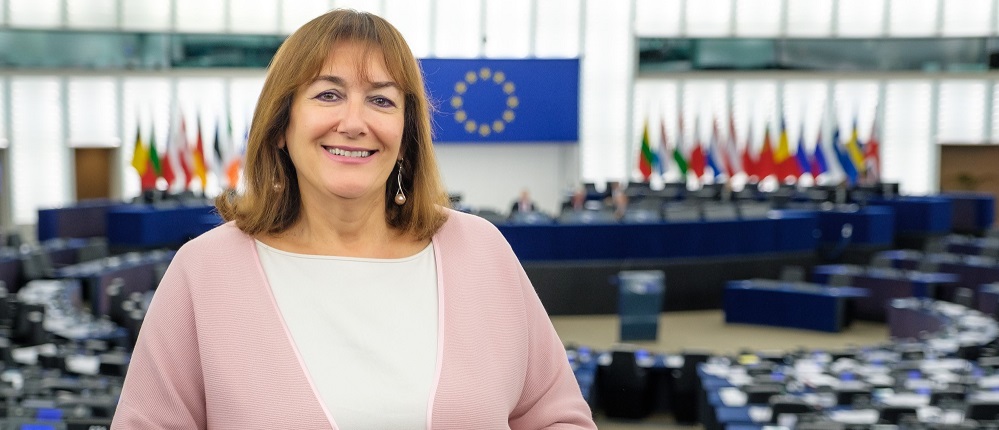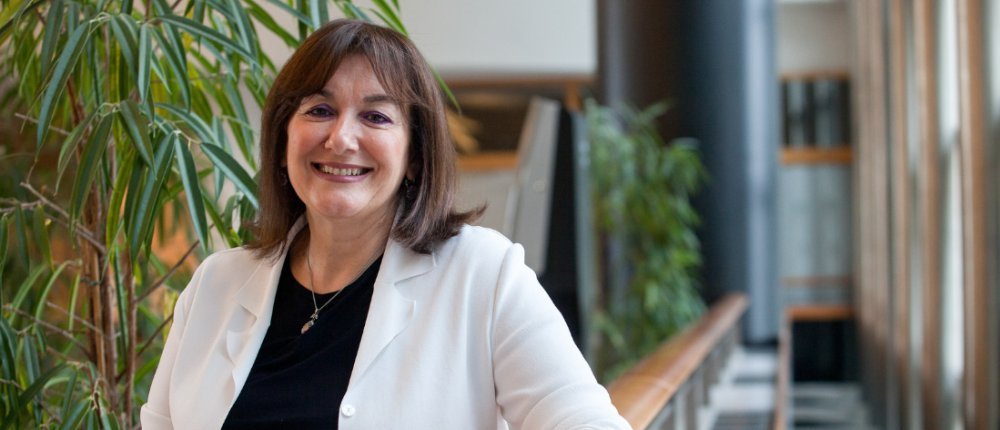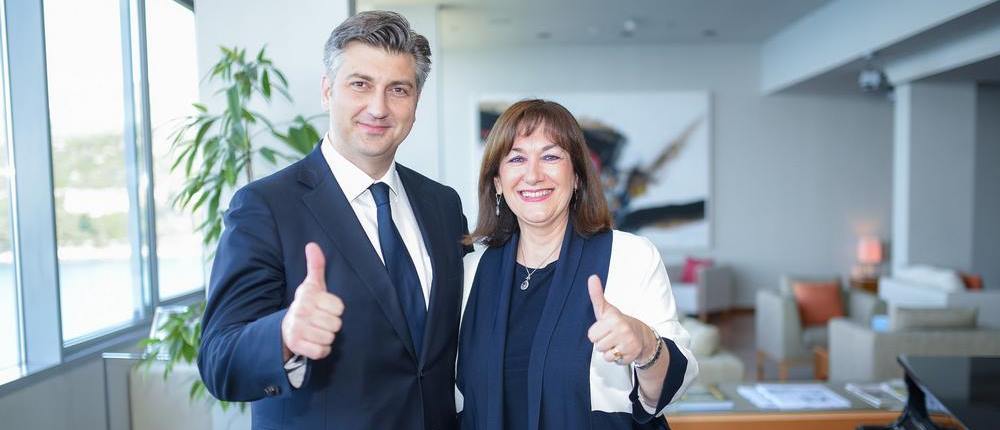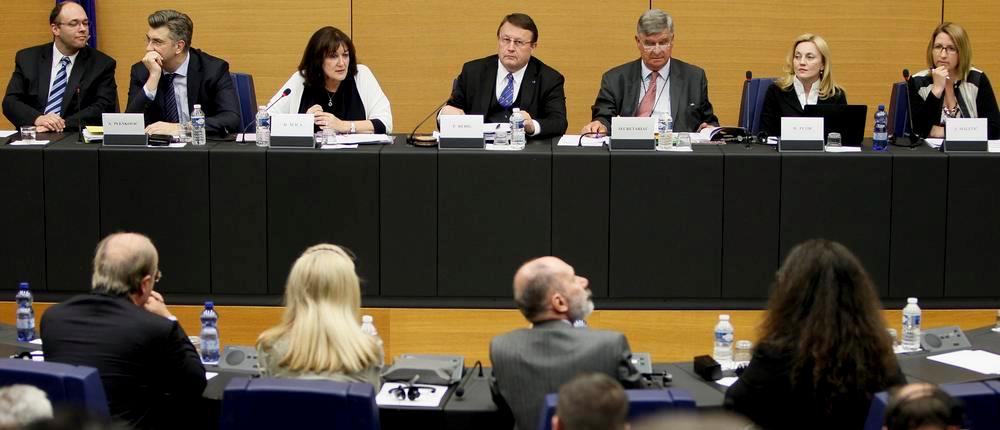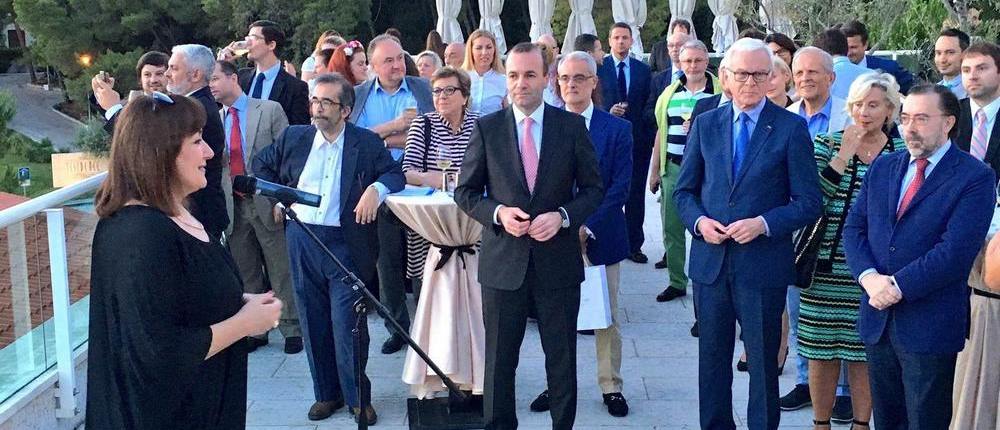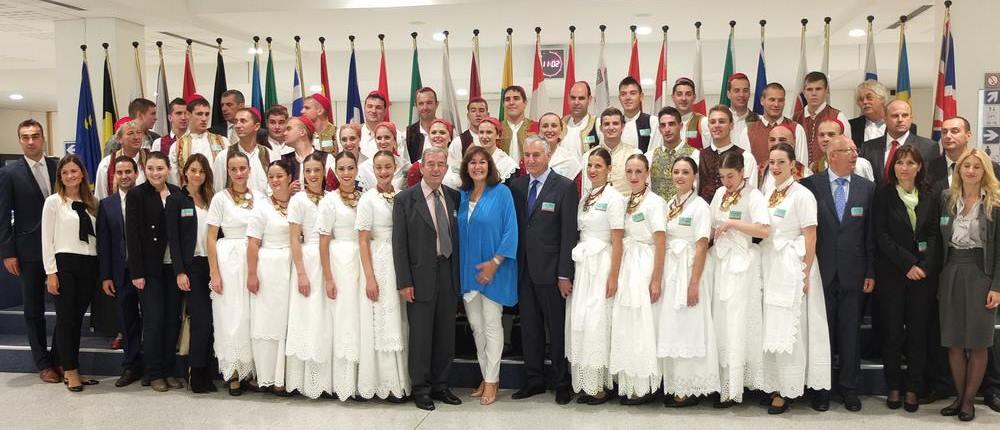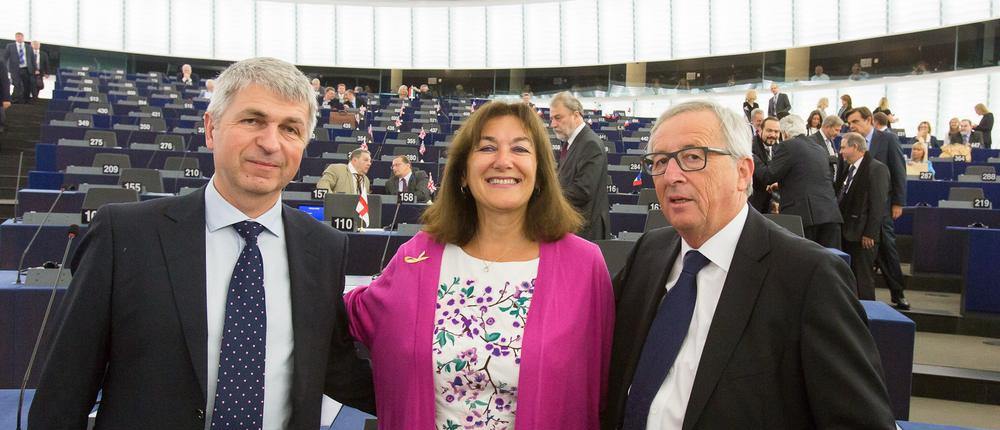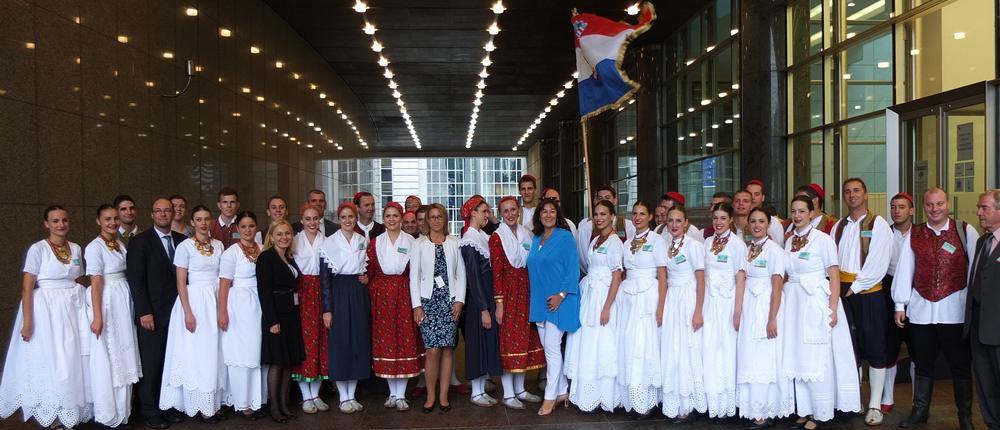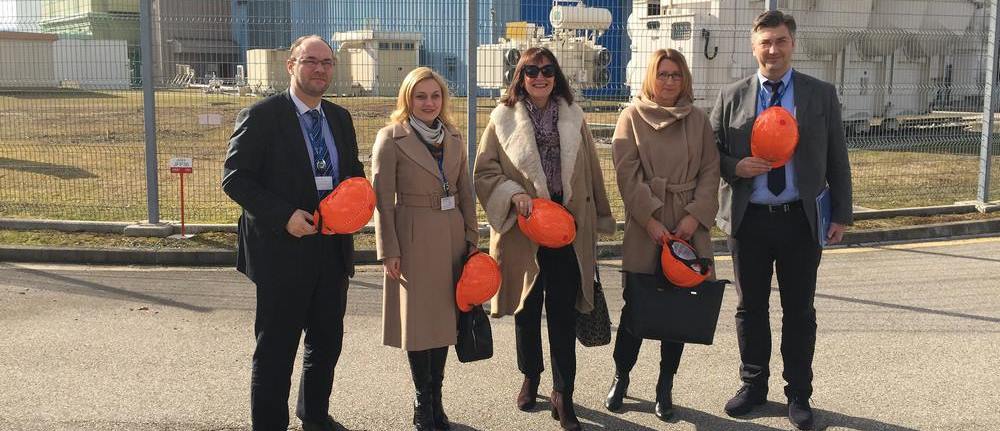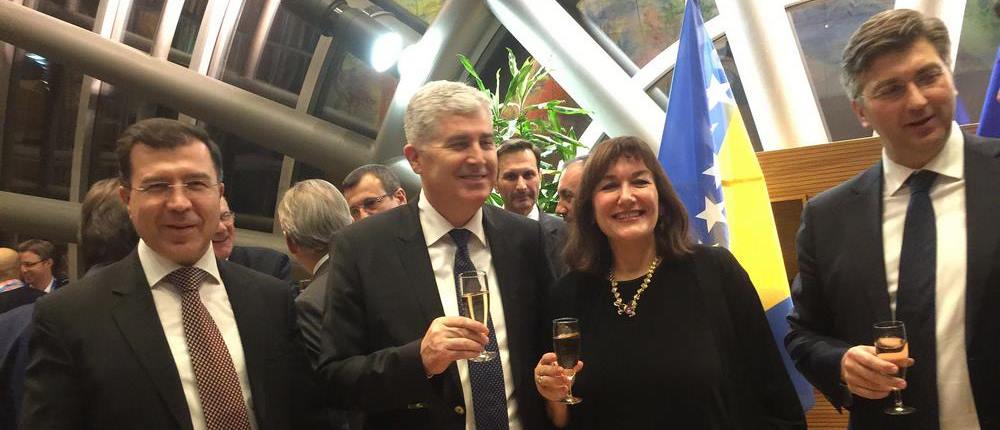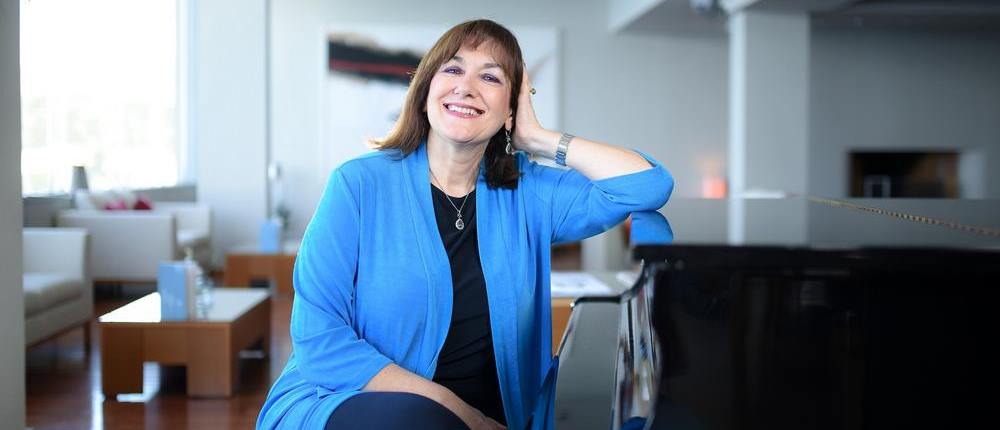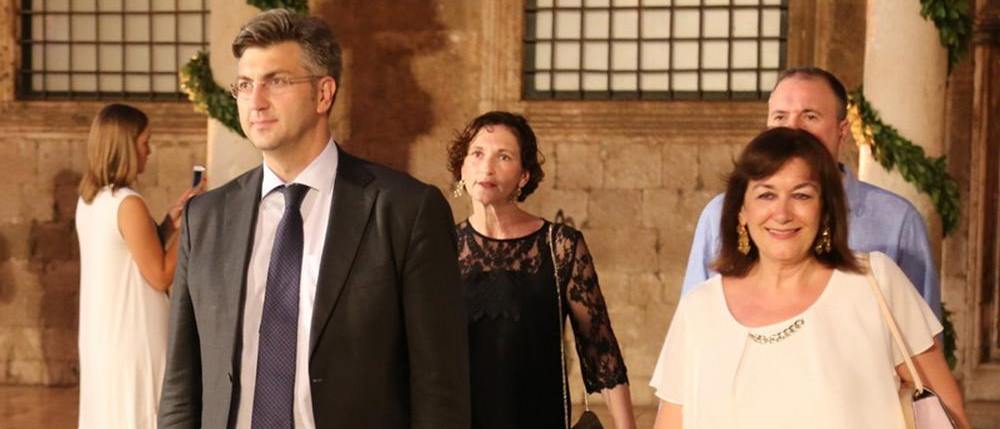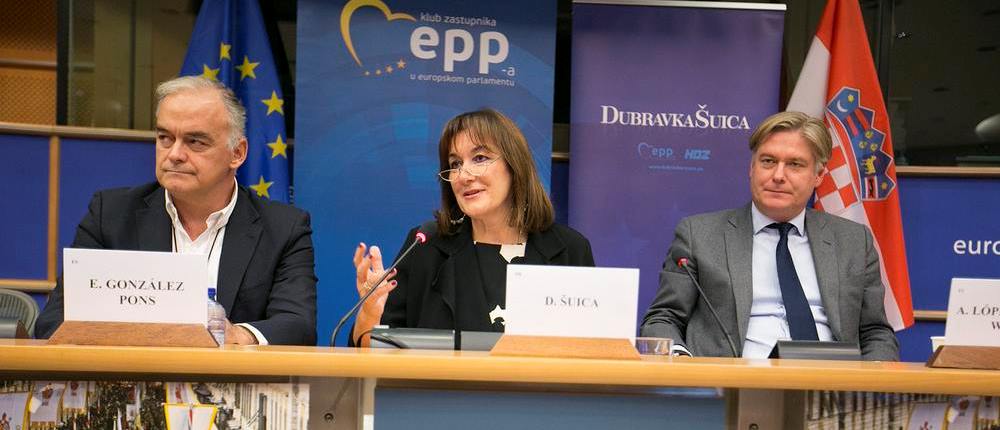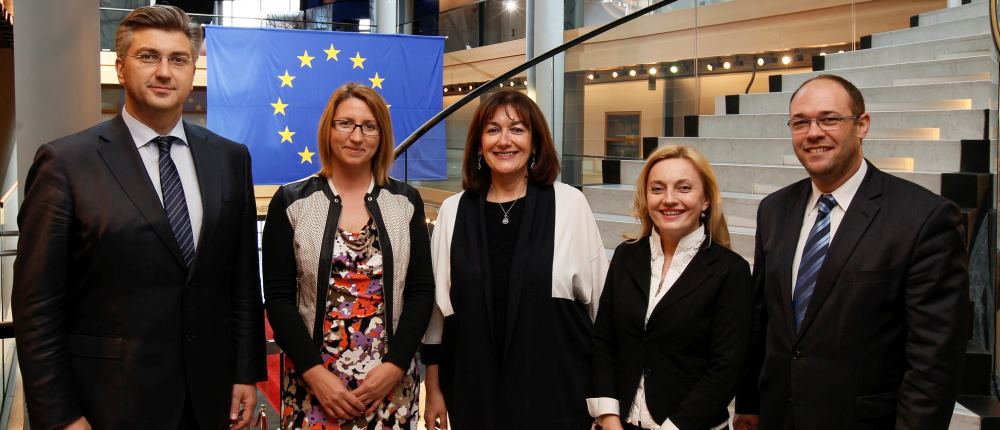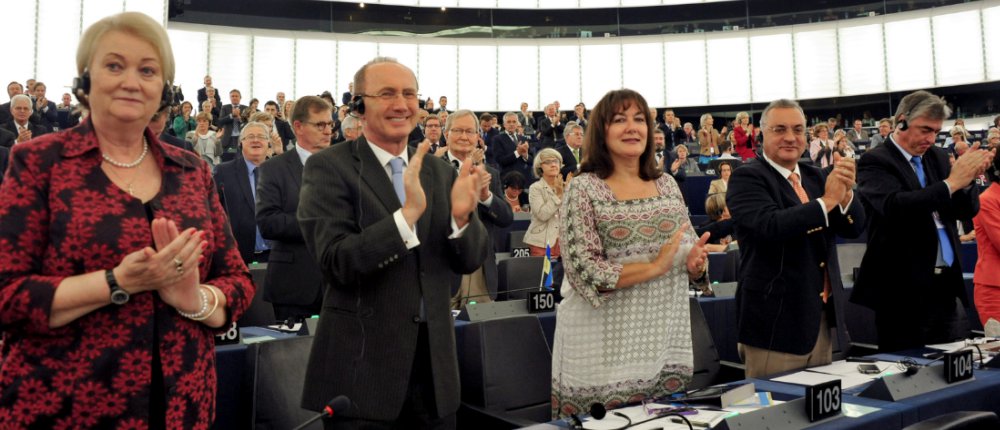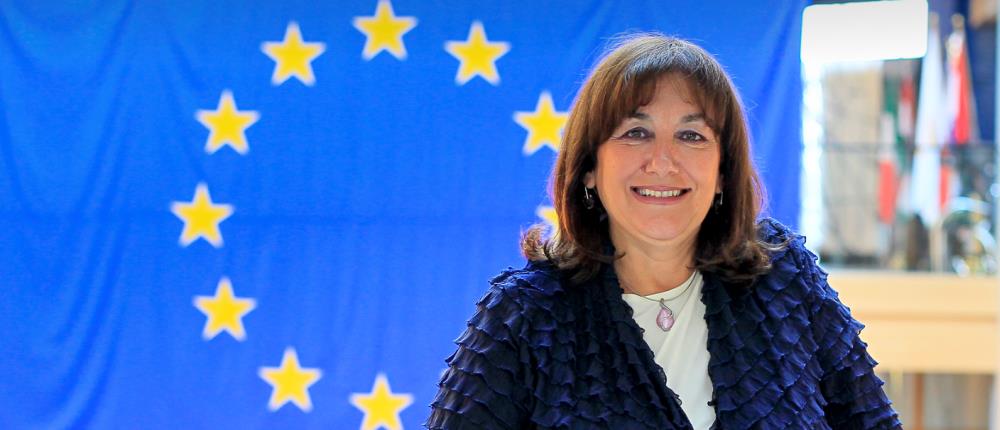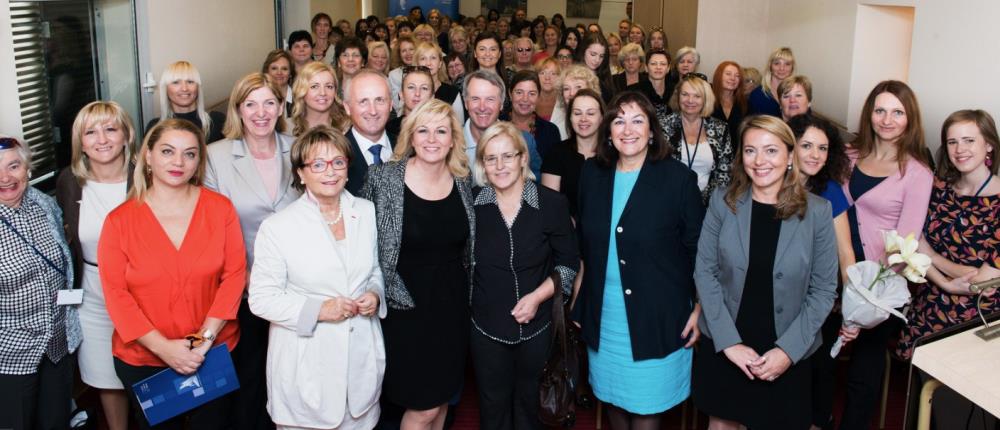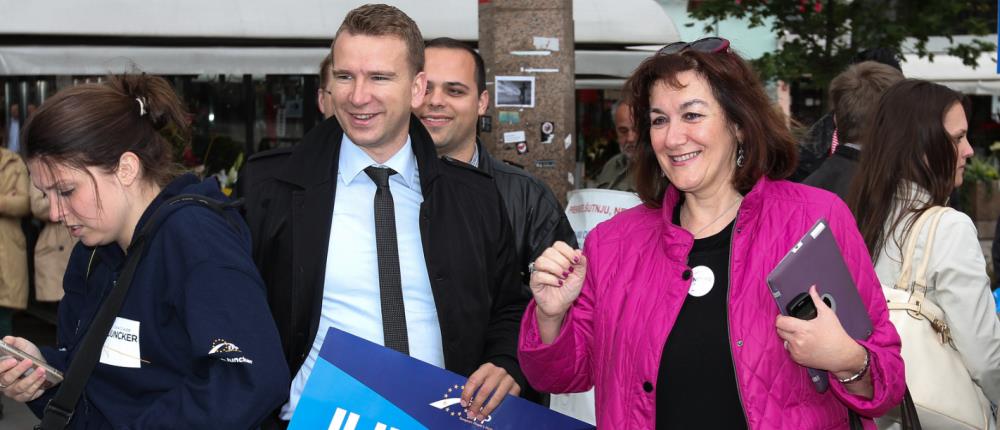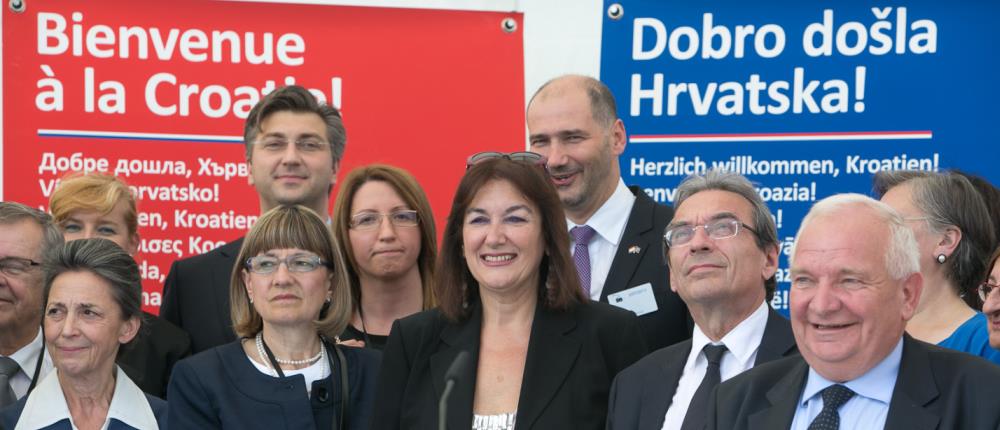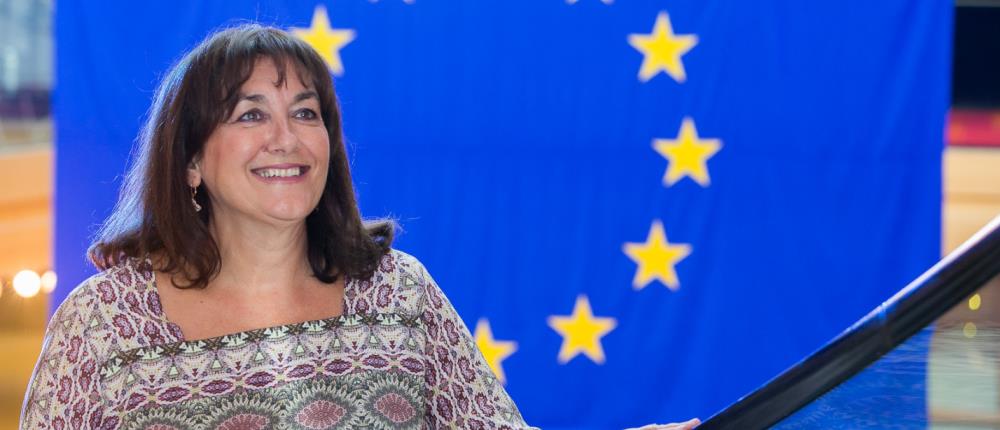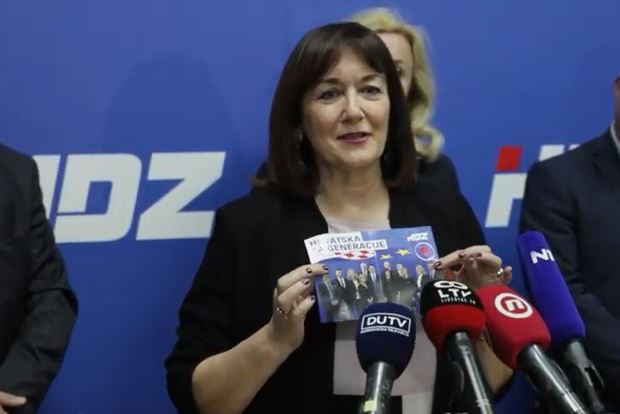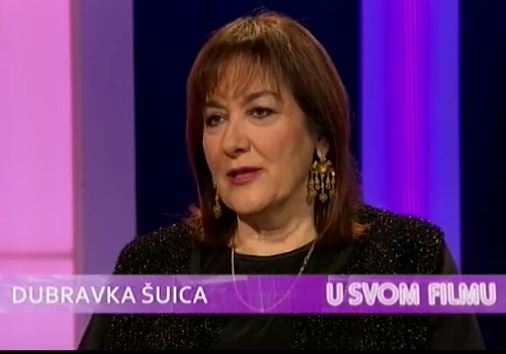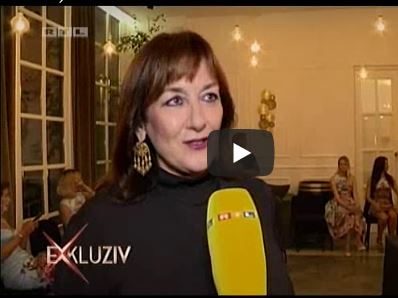Along with numerous other Members of European Parliament, Dubravka Šuica attended an exchange of views with Jyrki Katainen, Vice President of the European Commission in charge of jobs, growth, investment and competitiveness, whose intention is to improve investment, growth, employment, social inclusion and environmental protection. In his opening address, Vice President Katainen said that in accordance with the 10 priorities, the new Commission wants to be in close contact with the Parliament, but with the main focus being on sustainable development.
˝Today a number of topics that concern our MEPs and citizens became clear, and those are TTIP, the Directive on waste and the package on the circular economy. I support the environmental, social and economic dimension in your approach and believe that while you were visiting the countries of the Union in the last few months you were able to see that there are different degrees of development and that you are aware that it will not be easy to introduce a new concept and a new way of thinking when it comes to circular economy. Likewise, all your programs are long-term, and our citizens expect concrete moves especially when it comes to plans for strategic investments, the so-called Juncker Plan. In the public realm in Croatia there is a lack of understanding and there is not a clear distinction between European funds such as Cohesion and Structural Funds from which the Republic of Croatia is entitled to 11.3 billion euro by 2020 and the Fund for Strategic Investments which is presented as a kind of ˝wish list˝. I want to know who chooses projects and who will make up the Committee for Investments, and also where TTIP is concerned, it is necessary to explain this in detail to our citizens and in a transparent way what it is about because the greatest fear is that of the unknown˝, said Šuica.
Katainen answered Šuica, saying that private investors will decide which country to invest in and that an independent body that is knows the market well will create the guidelines for these projects. He also stressed the difference between the structural funds, which are allocated to certain countries and which they can use with their own dynamic and the Investment Fund which is a separate fund from which all interested parties, such as private companies, national governments or local governments may use the funds, and if there is a loss, the fund will suffer the consequences and that is why there is risk sharing.



